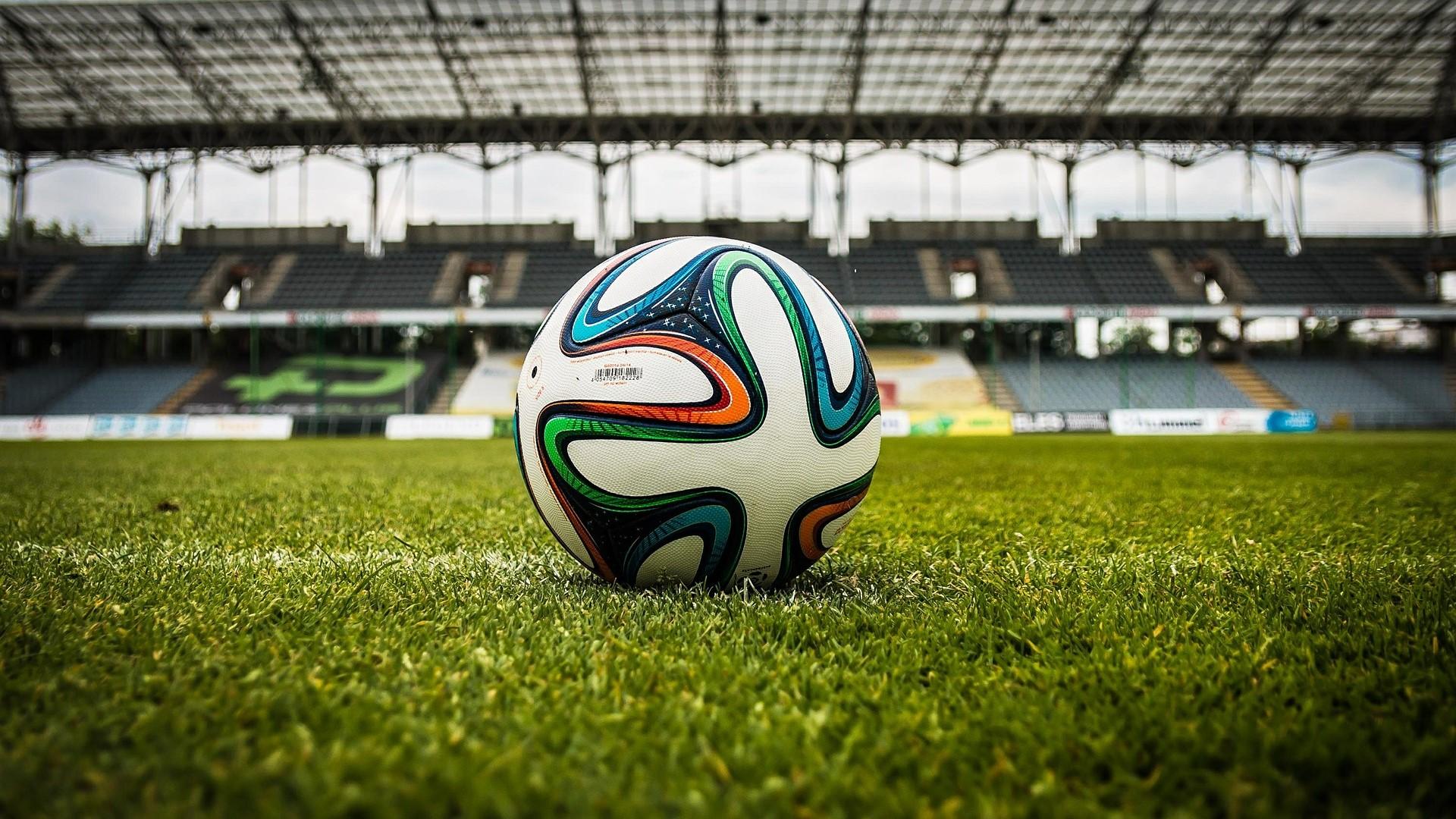New research finds that heading the soccer ball may be riskier for women than men
New research finds that heading the soccer ball may be riskier for women than men.
Soccer made headlines in November, as men’s teams vied for the final few slots in the 2018 World Cup. On the subject of soccer and heads, there was other news, as well: Researchers presenting midmonth at the Society for Neuroscience meeting revealed that heading the soccer ball may be riskier for women than men.
Popular Science covered the story, and as senior editor Sophie Bushwick explains, studies have already shown brain changes in soccer players who head the ball around 1,000 times per year or more.
“So, when you think about brain trauma, you tend to think more about … football players as opposed to soccer players,” Bushwick says. “But even though when a soccer player heads a ball, they're not hitting it hard enough to get a concussion, they can still, over time, damage their brains.”
Specifically, scientists have found that heading can damage the brain’s white matter. And while it’s not the gray stuff we usually think of as our brain material, white matter is exceedingly important: It acts as an information thruway between different areas of the brain. In the new research, scientists from the Albert Einstein College of Medicine, Johns Hopkins University and Sutter Health determined that brain injury from heading tends to be greater for female players.
“So, they looked at some amateur players — 49 men and 49 women — and then they compared them, people with a similar age and a similar amount of times that they would head the ball,” Bushwick says. “And they found that women tended to have damage to a greater part of their brain and to more discrete areas of the brain than the men who headed the ball the same amount.”
As research co-author Michael Lipton of the Albert Einstein College of Medicine Medicine told Popular Science, the team eventually hopes to figure out how much heading is dangerous — for men and women both. But as Bushwick explains, scientists still aren’t sure why women are more affected by heading than men are.
“There’s a couple different theories,” she says. “One is that in general, women are physically smaller and tend to have weaker necks than men. And so it could be that the same amount of force, it does more damage. But we're not sure yet.
“Another theory suggests that it could be something due to genetics or hormones. One thing we do know is that women are also more likely to get concussions and when they do get concussions, it takes longer to recover.”
This article is based on an interview that aired on PRI’s Science Friday with Ira Flatow.
Our coverage reaches millions each week, but only a small fraction of listeners contribute to sustain our program. We still need 224 more people to donate $100 or $10/monthly to unlock our $67,000 match. Will you help us get there today?
